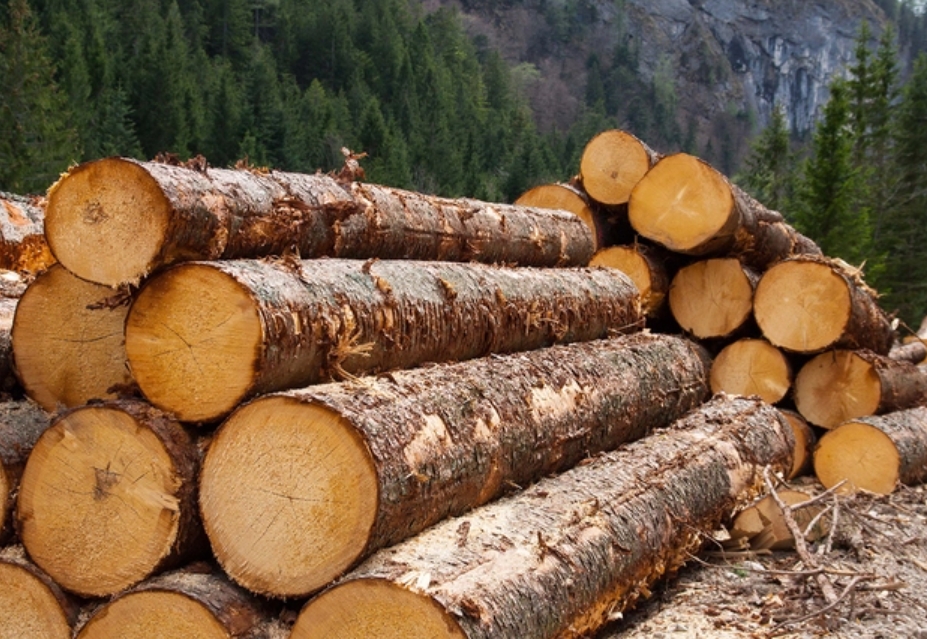The pulp and paper industry, rebuilt after the Soviet Union by foreign investors, has already suffered greatly from the sanctions. In this direction in developed markets, Russia is now “successfully replacing China.”
Sanctions could deprive Russia of almost a tenth of its timber harvesting and half of its plywood exports, reports The Bell. The disruption of traditional distribution channels has had a significant impact on export-oriented plywood production, which cannot be redirected from Europe to China, and consequently on hardwood harvesting. Its exports may be halved – by 1.6 million cubic meters. m. from 3.4 million cubic meters. m, according to the Lesprom Network report on the impact of the special operation on the Russian timber industry. In 2022, timber harvesting in Russia will decrease by 15.7 million cubic meters. m. Lumber exports may decrease by 2.7 million cubic meters. As a result, about 1.6 million tons of fuel pellets will not be exported:
Tough sanctions against Russia instantly turned the strengths of Russian timber companies into weaknesses. Many timber companies, especially in the Northwest, have been trapped by a lack of markets, shutdowns in equipment supplies, broken logistics and government pressure to save jobs, the report says.
The reduction of Russia’s presence in the sanctions markets is successfully used by competitors. In April, Russia reduced the supply of plywood to the EU by 45.7 thousand cubic meters, but it was immediately replaced by Brazil (38.4 thousand cubic meters) and China (+38.8 thousand cubic meters). The share of Russia in the EU plywood market decreased from 42% to 21.5% compared to last April. Long-term technological degradation of woodworking and pulp and paper industries is expected. The reduction in demand in the domestic market and the curtailment of exports due to sanctions will reduce timber harvesting in Russia by almost 10% this year.
The pulp and paper industry, rebuilt after the USSR mainly by foreign investors, has already suffered greatly from the sanctions and the withdrawal of Western players. The “pivot to the East” works poorly due to the specifics of regional markets, but in developed markets Russia is “successfully replaced by China and not only,” follows from the report.

